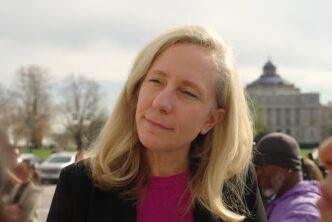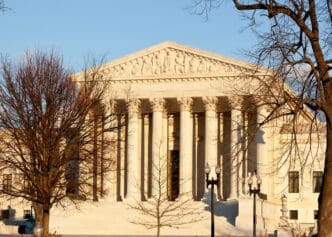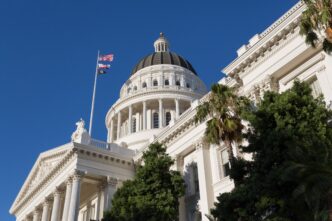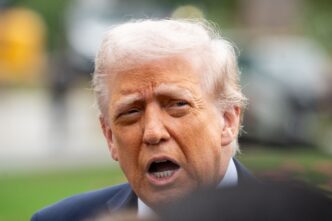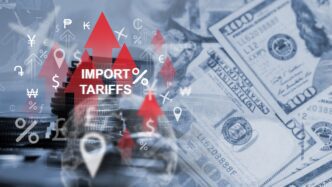Executive Summary
The Story So Far
Why This Matters
Who Thinks What?
President Donald Trump has articulated a significantly altered stance on the conflict in Ukraine, now suggesting that Kyiv can reclaim all Russian-occupied territories. This shift, observed through comments on his Truth Social platform and during remarks at the UNGA on Tuesday, cites NATO armaments, Ukraine’s fighting spirit, and Russia’s perceived economic fragility as key factors. The new position marks a departure from his previous statements, which included suggestions that Ukraine should cede land to its invader.
A Shifting Stance on Ukraine’s War
A Change of Tune for Kyiv
On the surface, Trump’s latest position appears to be favorable news for Kyiv, as it aligns with Ukraine’s most maximalist goals to retake all territory occupied by Russia. Trump emphasized the “spirit” of Ukrainians for the fight and backed NATO’s continued arming of the country with US weapons. He also highlighted Russia’s perceived military weakness, describing Moscow as a “paper tiger” after its struggles to achieve objectives in the conflict.
This perspective stands in stark contrast to earlier statements from Trump, where he had suggested territorial concessions for Ukraine and had been perceived as more accommodating towards Russian President Vladimir Putin.
Potential Pitfalls and Kremlin Response
Despite the initial positive reception in Kyiv, some analyses suggest that Trump’s new position could inadvertently prolong the war by setting potentially unattainable objectives for Ukraine. Kyiv has faced acute manpower issues and slow territorial losses for months, making a complete retaking of lost land a daunting challenge, especially after the heavily prepared counter-offensive in the summer of 2023 yielded limited gains.
In response to Trump’s comments, the Kremlin stated that “even a low-skilled specialist” could observe that Russian troops were making progress on the ground.
Russia’s Economic Vulnerability and Resilience
A central tenet of Trump’s argument for Ukraine’s potential victory is Russia’s economic peril. He pointed to constant strikes on Russia’s refinery infrastructure, which have reportedly caused possible gas shortages. A Ukrainian drone strike on a Gazprom refinery on Tuesday night, 1,400 km inside Russia, further highlighted these vulnerabilities. Reports of queues at gas stations and wider economic issues have also surfaced.
However, the article notes the difficulty in gauging the true severity of these issues in a closed society like Russia. It also questions whether economic turbulence would significantly impact Putin’s “existential war,” suggesting that Russia has demonstrated an ability to endure considerable pain, potentially with support from China.
NATO’s Role and Defensive Measures
Trump’s recent statements also touched upon NATO, portraying the alliance as a “foreign body” and the war as something “others need good fortune in.” Notably, he suggested that NATO countries should shoot down Russian jets in their airspace, a potentially inflammatory idea in the current climate that implies American backing for such a defensive measure.
His Secretary of State, Marco Rubio, had previously stated, “I don’t think anyone said about shooting down Russian jets unless they’re attacking.” Trump later added, “Depends on the circumstance,” when asked if he would join any defensive effort. This messaging, while tough, is not “completely clear and absolute,” inviting potential tests of resolve from the Kremlin.
Regarding his trust in the Russian leader, Trump stated, “I’ll let you know in about a month from now,” when asked if he still trusted Putin and if sanctions for “gaslighting” his peace process would be enacted. This effectively grants Putin until November to observe Trump’s evolving stance.
President Trump’s latest position marks a significant and seemingly hawkish shift in his rhetoric regarding the Ukraine conflict, offering a potential, albeit perhaps unrealistic, boost to Kyiv and European allies advocating for continued resistance. While it introduces new considerations for the Kremlin, the longevity and practical implications of this stance remain uncertain, as his policy continues to oscillate between the worldviews of allies and his own complex relationship with President Putin. The Kremlin will likely scrutinize this new resolve, noting the president’s enjoyment of being at the center of the narrative, and will likely await further developments over the coming month.



